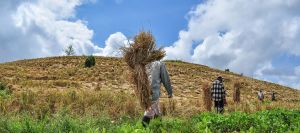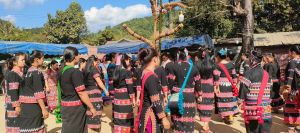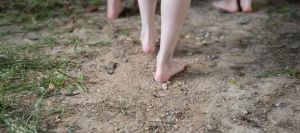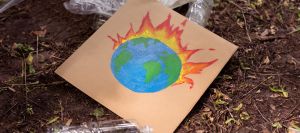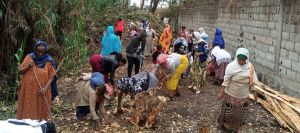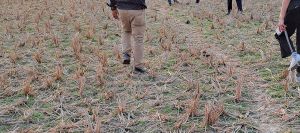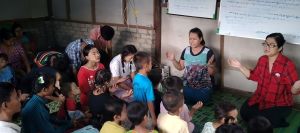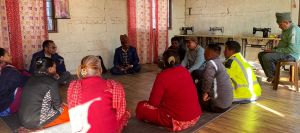
Empowering Climate Migrants in Kathmandu Urban Squatters
Project Name Empowering Climate Migrants in Kathmandu Urban Squatters Project Location Nepal Project Natures Children and Youth Development Creation Care Urban and Rural Development Project Objectives To alleviate heath, WAter, Sanitation & Hygiene (WASH) deprivation among communities in the settlement. To enhance financial stability and child nutrition in climate migrant households. Beneficiaries Households of Climate Migrants from Dalit and marginalised communities No. of Beneficiaries Approx. 500 Key Activities WASH Rehabilitate non-operational drinking water points, set up hand washing facilities & install community bins for waste segregation; Train community leaders on the maintenance and operation of community WASH facilities, Climate Change Adaptation and Disaster Risk Reduction; Set up and mobilise girl adolescent clubs to promote hygiene practices in the


